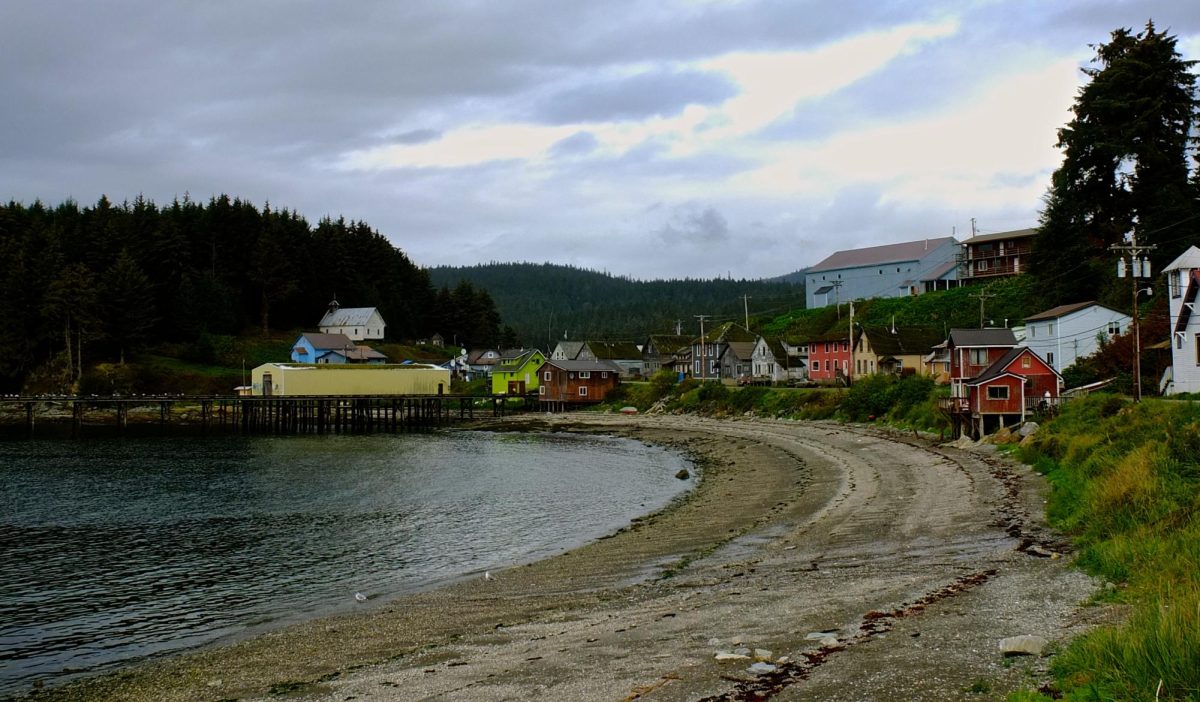In 1869, three Tlingit villages were set ablaze, one of which had been quite populous and found itself victim to a bombardment the day prior. In 1882, the Tlingit village of Angoon was bombed, looted, and again, left to burn.
In the following winter months of both incidents, survivors struggled to feed their children and elderly, living only with their massively depleted resources in the Alaskan cold. Who destroyed their homes? Members of the U.S. Navy, and they’re only apologizing now.
Angoon clans received $90,000 in compensation from a settlement with the government in 1973. The people have been wanting a proper apology for much longer, however.
“None of us in this room will ever forget,” Daniel Johnson Jr., a representative of the Deisheetaan clan, said. “We’re reaching a point that many of our grandparents had only dreamed of.”
For the past several decades, the remembrance ceremony in Angoon has begun each year with the question, “Is there anyone here from the Navy to apologize?”
In September, an apology was indeed issued in Kake for the destruction of the three villages. Then, on October 26, the 142nd anniversary of the Angoon destruction, Mark Sucato, commander of the Navy’s Northwest region, acknowledged the loss of life and dignity the Navy had caused and asked forgiveness of the community.
“The U.S. Navy acknowledges their wrongful actions of the past that have brought about the loss of life and resources, causing much intergenerational trauma and suffering,” Sucato said at the formal apology ceremony. “And as the Navy repents and apologizes, seeking forgiveness, may the Tlingit villages and the clans of Angoon receive this apology and begin in the process of healing and catalysing reconciliation.”
The event is part of a wider effort of the Biden Administration to make up for some of the military’s past wrong-doings. This includes the recent exoneration of 256 African-American men who were unfairly punished for refusing to comply to racist working expectations set by the Navy, and Joe Biden’s personal apology to Native groups for the enforced government boarding schools that separated children from their families and communities.
With these apologies comes a sort of closure for many members of the affected communities, but whether or not they are too little, too late, has no objective answer. The fact that they are happening at all, though, shows a positive change in how the U.S. government treats marginalized communities, one which many can only hope sticks around.



